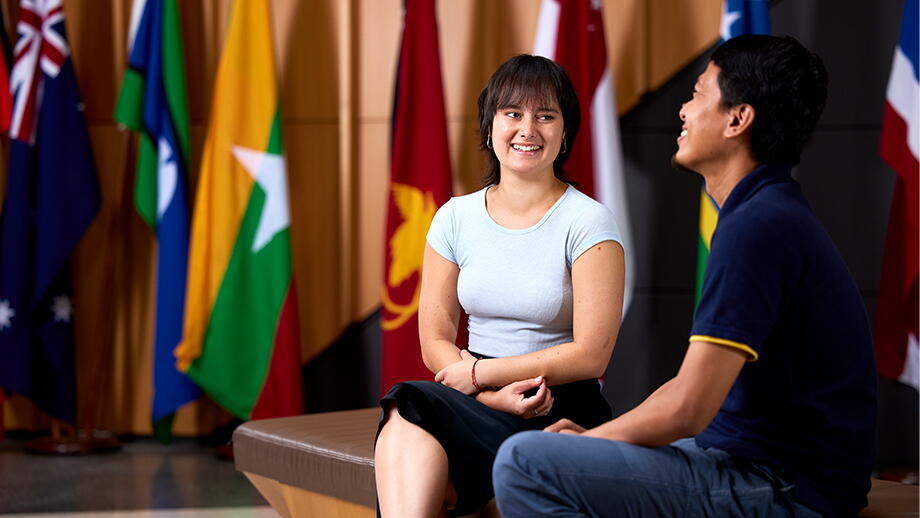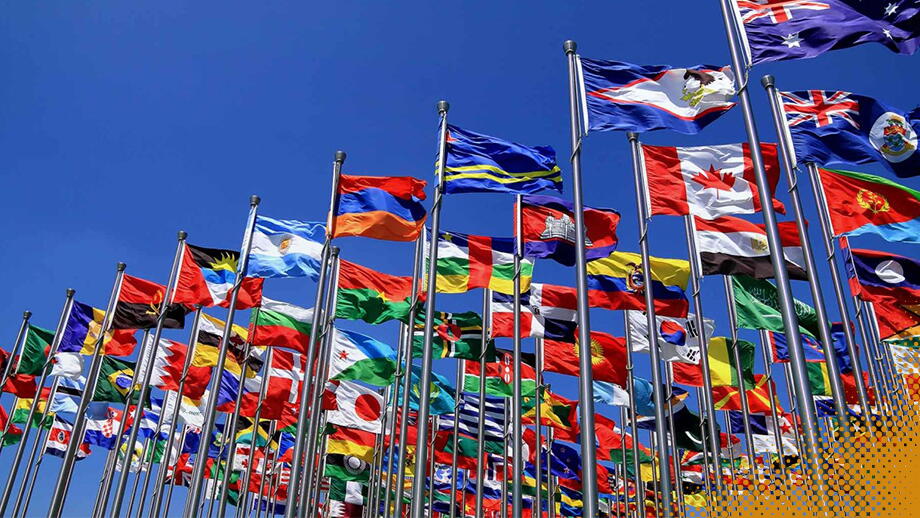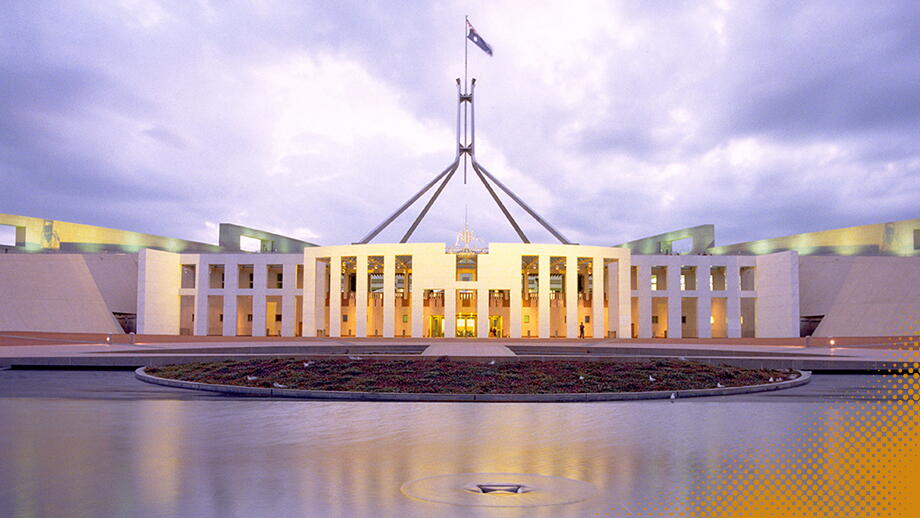In Short:
We collaborated with Women for Election (WFE) to explore what is preventing women and gender diverse Australians from greater participation in politics – particularly those from under-represented communities. We asked a group of of politically active women and non-binary people about the barriers, anticipated support they needed, and systemic changes they would like to see to consider engaging further in politics, including running for political office.
Key findings
The 2022 federal election demonstrated a shifting landscape of women’s candidacy in politics, with record numbers of women both running for and succeeding in election to political office. However, a significant gap still exists in terms of diverse political representation.
Across local, state, and federal politics, Australia continues to struggle to elect women and non-binary candidates of different, cultures and ethnicities, sexuality identities and experiences of disability. In March 2024, the Global Institute for Women’s Leadership (GIWL) at The Australian National University collaborated with Women for Election (WFE) to explore what is preventing women and gender diverse Australians from greater participation in politics – particularly those from under-represented communities.
We asked a group of of politically active women and non-binary people about the barriers, anticipated support they needed, and systemic changes they would like to see to consider engaging further in politics, including running for political office.
From participant responses we identify five key findings:
- More than half of participants want to become more involved in politics.
- Key barriers to greater involvement in politics include limited funds for campaigning, toxic culture of politics, and competing time and caring demands.
- Respondents from underrepresented groups are especially likely to point to the toxic culture of politics, including bias against candidates with marginalised backgrounds like their own, and feeling unheard and undervalued.
- Key types of support needed to consider running for public office include financial support for campaigning, support from family, peers and broader community, and having diverse role models and mentors. Carers and people with disability also require specific measures, like greater accessibility and childcare support.
- Significant systemic change to improve gender equality both in politics and society more broadly is needed to create the conditions for more women to run for office.
Based on these findings, we outline recommendations for policymakers, parties, the media, and organisations supporting women in politics on how to engage and support more women and gender diverse candidates in their political careers.
Contact
Gosia Mikołajczak
Research Fellow
The workplace & working lives
Jack Hayes
Researcher
Intersectionality & identity, Politics & international affairs
You may also like
A fair go for all
The desire – and need – for intergenerational policymaking has never been greater. This research sought to understand the extent to which Australian voters care about longterm policymaking, whether…
Bolstering the boys club
Much of the research on gender and diplomacy to date has focused on those already let into the ‘club’ of international elites and details the impact of the exclusion of women in senior positions and…
Insiders and outsiders
While the idea of a gender-sensitive parliament is over 20 years old, institutional reforms in the name of gender equality have been slow to materialise around the world. In this article, we uncover…





